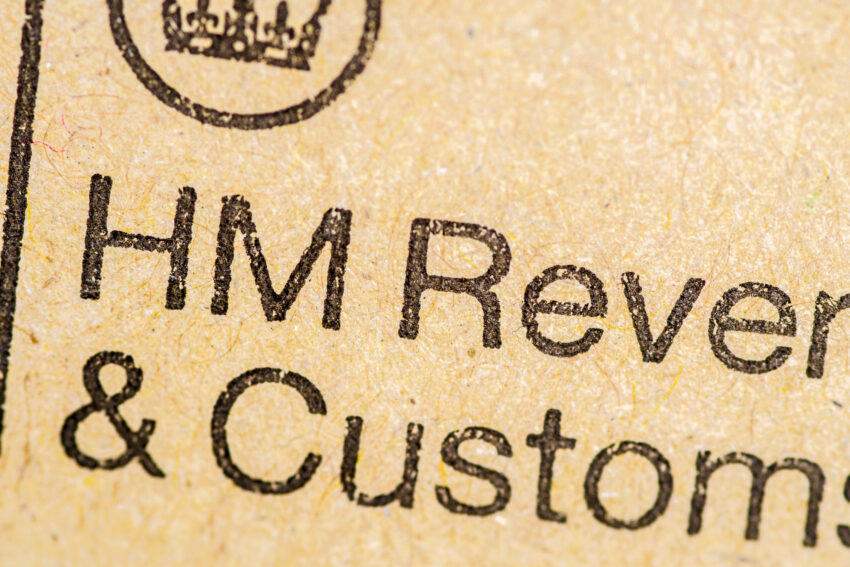Trump court turmoil strengthens EU hand in tariff talks
Two separate legal cases tackling Trump’s tariffs may push the U.S. administration to strike a quicker deal, analysts say.
BRUSSELS — A flurry of U.S. court rulings over the legality of President Donald Trump’s tariffs have strengthened the EU’s hand in ongoing negotiations, European trade war watchers say.
Italian Member of the European Parliament Brando Benifei, who sits on the trade committee and visited the U.S. this week with fellow lawmakers, thinks the possibility of the tariffs ultimately being ruled unlawful will speed up talks.
“I think it will push the U.S. administration to reach a deal as quick as possible,” as Trump faces a more unstable situation domestically, he told POLITICO Friday.
On Wednesday and Thursday, two separate courts destroyed the legal basis of Trump’s so-called reciprocal tariffs on some 60-odd countries and the EU. An appeal in the first case reinstated the tariffs — at least while the legal process drags on. The case might ultimately end up in front of the Supreme Court.
“This hopefully means that we can get a more constructive approach and not just a unilateral request of concessions, which we just can’t accept,” Benifei added, referring to American demands that tech, food and product safety regulations be curbed.
As the twists and turns of the trade war play out across the global stage — with one EU diplomat quipping that the situation is “too unpredictable for hot takes on how this affects negotiations” — it looks more and more like the European Commission’s wait-and-see approach to Trump’s tariffs is paying off, analysts say.

“The case for shrugging off these tariffs becomes stronger,” said senior policy fellow Agathe Demarais at the European Council on Foreign Relations. The Commission can essentially “wait for Trump to change his mind, have a court strike down the tariffs or let Trump see the U.S. economy sink,” she said.
The EU executive, which leads on trade policy for all 27 countries, has been preparing a tariff retaliation package that would hit around €116 billion worth of U.S. exports to the EU, while also repeatedly offering a zero-for-zero tariff deal to Trump.
“I think they’re doing all the right things: remaining calm, steady, professional, bureaucratic,” Demarais said. “Negotiations and retaliation all take time and energy, which the EU could spend better elsewhere.”
On Friday, the European Commission said it would not comment on internal court rulings in the U.S.
Analyst Varg Folkman, a former POLITICO employee, from the European Policy Center think tank said the legal battles had only increased uncertainty — meaning the EU should remain calm but be prepared to act.
“If this turns into a quagmire for Trump and he’s willing to just blow off the courts, then [the EU] probably should hold off” from retaliating to see if that makes him more willing to strike a deal. But “it would be very dangerous for the EU to scale down their own retaliation processes,” he said.
Jakob Weizman reported from Washington, D.C.




















:quality(85):upscale()/2023/10/03/668/n/1922283/1f15c8a9651c2d209e5eb5.32783075_.jpg)
:quality(85):upscale()/2025/08/14/650/n/1922283/470aeb83689df49cdc1bb6.14084110_.jpg)
:quality(85):upscale()/2025/08/13/775/n/1922283/3c0cbead689ccd0c422644.10221678_.png)
:quality(85):upscale()/2025/01/08/844/n/1922398/cde2aeac677eceef03f2d1.00424146_.jpg)
:quality(85):upscale()/2025/07/10/708/n/1922398/8fe2782e686fe372b38bf8.29984296_.jpg)

















